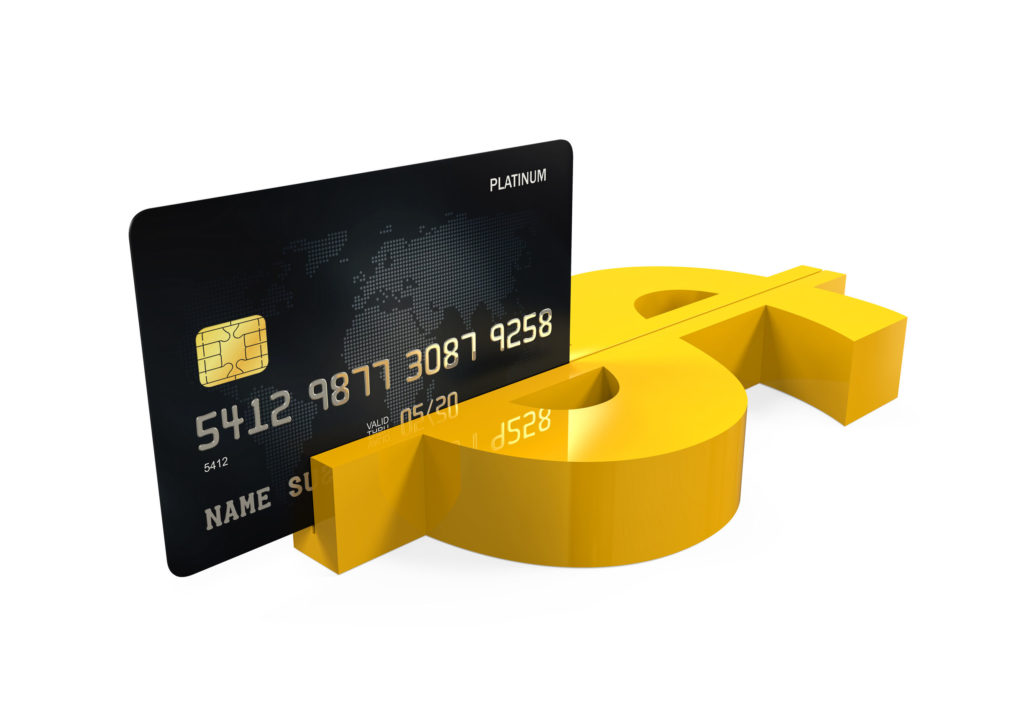
What is Interchange?
Interchange fees are a percentage of each credit or debit card transaction paid by the merchant’s bank and paid to the card user’s bank Interchange makes up most of the fees that merchants pay to their banks for processing card transactions.
Issuing banks frequently use a portion of interchange fee revenue to encourage card use by offering cardholders rewards, such as cash rebates, airline miles, or other incentives. The more the card is used, the more rewards can be earned by card holders.
Issues with Interchange
As payments by debit and credit cards have increased and become the preferred method of payment for most buyers, interchange fees have increased. As a result, merchants, essentially subsidize the issuing banks that make money both on interchange and from charging cardholders fees to use the cards.
For years, merchants have complained that interchange fees are unfair. Merchants allege that interchange allow banks, which would normally compete on fees, collude on fees instead.
Banks say if merchants do not want to pay interchange fees, merchants can chose not to offer cards as a payment option.
Merchants counter that not accepting cards is no longer a viable option because buyers expect to cards to be accepted everywhere. As a result, merchants claim interchange rates can be set artificially high leading to excessive profits for the card issuing banks and are punitive to the merchants footing the fees.
Conclusion
Interchange is a fact of life if you want to accept card payments. Understanding how interchange affects your processing rates will help you negotiate with your merchant account provider.
How is interchange affecting your payment processing rates?
Contact info@paynetsecure.net
Topics
- Payment Processing Trends in the Gaming Industry
- The Future of Payment Processing: Trends and Innovations
- Choosing the Right Payment Processor for Your Gaming Business
- No Chargeback vs Traditional Payment Processors
- The Impact of No Chargebacks on Customer Trust
- Fraud Prevention in No Chargeback Merchant Accounts
Categories
- adult merchant accounts (7)
- alternative payments (10)
- Blockchain Merchant Account (1)
- chargeback (11)
- Chargeback Prevention (7)
- Cloud Payment Processing (1)
- Contactless Payment Processing (1)
- crypto currency merchant account (5)
- debt collection merchant account (1)
- Direct Response Merchant Account (1)
- ecigarette merchant account (1)
- Ecommerce (8)
- fantasy sports (2)
- Fantasy Sports Merchant Account (3)
- Forex Merchant Accounts (1)
- Global eCommerce (13)
- health care credit card processing (4)
- high risk merchant account (139)
- high risk payment gateway (44)
- high risk processing (72)
- Independent Software Vеndоrѕ (2)
- International Merchant Account (13)
- international merchant accounts (28)
- international payments (24)
- medical billing (4)
- merchant accounts (25)
- mobile payments (7)
- MOTO merchant account (1)
- Multiple Currency Payment Processing (5)
- nutra merchant account (5)
- Nutraceutical Merchant Account (5)
- offshore merchant accounts (11)
- Online Dating Merchant Account (1)
- Online Gaming Merchant Account (3)
- Online Gaming Merchant Accounts (4)
- p2p network payment processing (1)
- payment gateway (22)
- Payment Gateway Chargebacks (4)
- payment processing (60)
- payment processing gateway (65)
- Payment Processing Merchant Account (23)
- payment processing system (42)
- recurring billing (12)
- recurring payments (14)
- SaaS Billing (10)
- SaaS Payment Gateway (1)
- SasS Payment Processing (2)
- Secure Payment Processing (25)
- Telemedicine Merchant Account (1)
- Travel Agency Merchant Accounts (4)
- travel industry merchant account (4)
- travel industry payment processing (3)
- travel merchant account (3)